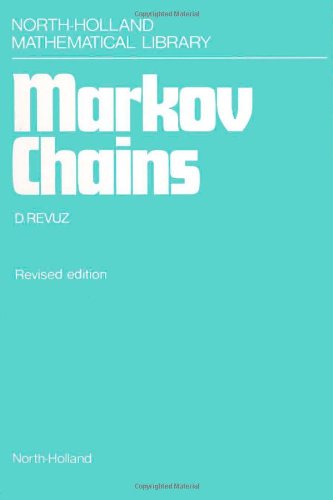

Most ebook files are in PDF format, so you can easily read them using various software such as Foxit Reader or directly on the Google Chrome browser.
Some ebook files are released by publishers in other formats such as .awz, .mobi, .epub, .fb2, etc. You may need to install specific software to read these formats on mobile/PC, such as Calibre.
Please read the tutorial at this link: https://ebookbell.com/faq
We offer FREE conversion to the popular formats you request; however, this may take some time. Therefore, right after payment, please email us, and we will try to provide the service as quickly as possible.
For some exceptional file formats or broken links (if any), please refrain from opening any disputes. Instead, email us first, and we will try to assist within a maximum of 6 hours.
EbookBell Team

0.0
0 reviewsIn a number of famous works, M. Kac showed that various methods of probability theory can be fruitfully applied to important problems of analysis. The interconnection between probability and analysis also plays a central role in the present book. However, our approach is mainly based on the application of analysis methods (the method of operator identities, integral equations theory, dual systems, integrable equations) to probability theory (Levy processes, M. Kac's problems, the principle of imperceptibility of the boundary, signal theory). The essential part of the book is dedicated to problems of statistical physics (classical and quantum cases). We consider the corresponding statistical problems (Gibbs-type formulas, non-extensive statistical mechanics, Boltzmann equation) from the game point of view (the game between energy and entropy). One chapter is dedicated to the construction of special examples instead of existence theorems (D. Larson's theorem, Ringrose's hypothesis, the Kadison-Singer and Gohberg-Krein questions). We also investigate the Bezoutiant operator. In this context, we do not make the assumption that the Bezoutiant operator is normally solvable, allowing us to investigate the special classes of the entire functions.